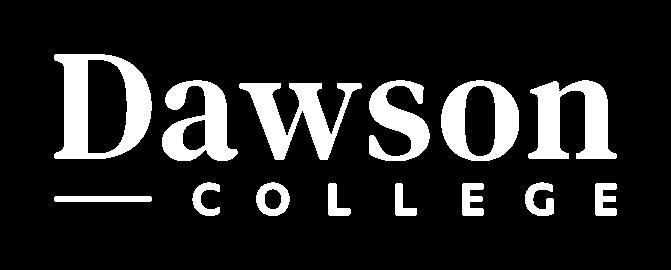







The Dawson Office of Sustainability was established in 2017 with the goal of enabling students and staff to engage in action towards all aspects of sustainable facility operation and sustainability-related learning in higher education.
Today, in this post-pandemic era, mental health, and both environmental and social challenges have converged like never before. For this reason, the College is reinforcing its commitment to well-being for all and its associated sustainability principles. We will ensure that our college is a place where students, faculty and staff flourish.
The College 2024-2029 Strategic Plan is titled Creating Caring Learning Communities and lays out our responsibility as an educational institution. We must keep the student central to all activity, strengthen our community, foster a sense of belonging and inclusivity, and care for our natural environment. Dawson’s core value of well-being for all will direct our initiatives and behaviours. On the heels of national and international recognition for our collective sustainability efforts, we have now joined the Okanagan Charter and will continue to work towards becoming a campus that promotes health and well-being.
These are challenging times, but they are also hopeful times. We look forward to the innovative and impactful solutions the Dawson community will develop. We will forge ahead with positive actions that enrich the society we represent and help form responsible citizens. This educational journey will point us towards a healthy, safe and engaging place that defines the greater purpose of education.

Diane Gauvin, Director General Dawson



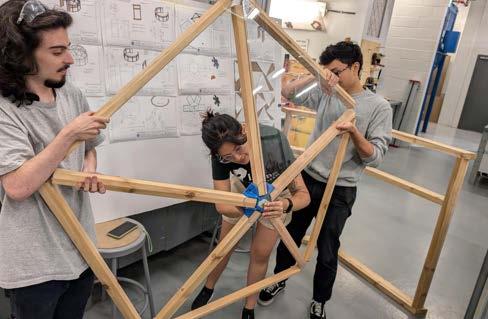
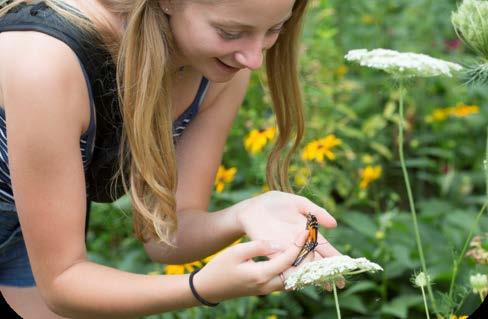

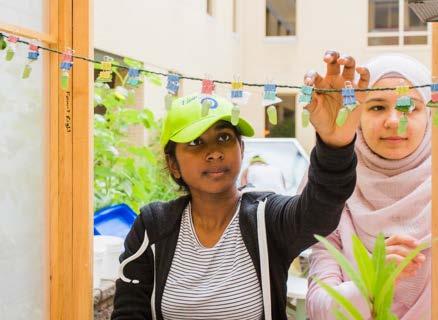

Living Campus is a learning approach that breaks down traditional classroom structure and uses the entire campus as a learning laboratory, where our community of students and staff participate in high-impact experiences. Guided by sustainability principles, our Living Campus promotes authentic, integrative learning. Students live the learning and become the change-makers and problem-solvers of the future.
The Dawson College Strategic Plan 2024-2029 defines Well-Being for All as the following: All Dawson students and employees are respected, valued and supported in the pursuit of their unique educational and professional goals. Together, we cultivate stimulating, inclusive and caring communities for learning and working. As individual and collective growth are grounded not only in supportive communities but also in a healthy environment, we encourage awareness and actions that contribute to our stewardship role in the natural world. In sum, we act in service to the long-term well-being of people, communities and ecosystems.
WELL-BEING FOR ALL
Goal 1 Student success is enhanced through a coordinated, evidence-based approach to improving the quality of academic programs
Goal 2 Delivery of services to students contributes positively to the quality of the student experience
Goal 3 Students capitalize on the opportunities for academic, social and personal development as expressed in the outcomes of the Graduate Profile
Goal 4 A comprehensive approach to the Indigenization of Dawson College is established
Goal 5 Dawson’s learning and working communities are equitable, diverse, inclusive, and accessible
Goal 6 Foster an institution-wide culture of well-being
Goal 7 The physical environment is enhanced to support student success and employee collaboration and innovation
Goal 8 Social, economic and environmental sustainability are understood and practiced across the entire Dawson community

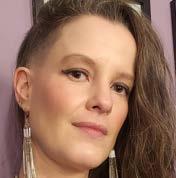


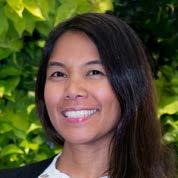


OUR VISION
Well-being for all, sustainably.
OUR MISSION
We practice sustainability as we explore societal, economic and ecological challenges and advance human and ecological well-being through teaching, learning, operations management, planning and engaging our local and external community.
The Office of Sustainability is involved in national and provincial working groups furthering sustainability research and action. We are supported by student volunteers and a Sustainability Advisory Committee whose members represent a cross-section of college sectors.
The Office of Sustainability is committed to the practice and promotion of well- being for all. This includes human health and happiness, social justice, responsible economic activity and a healthy natural environment for current and future generations.
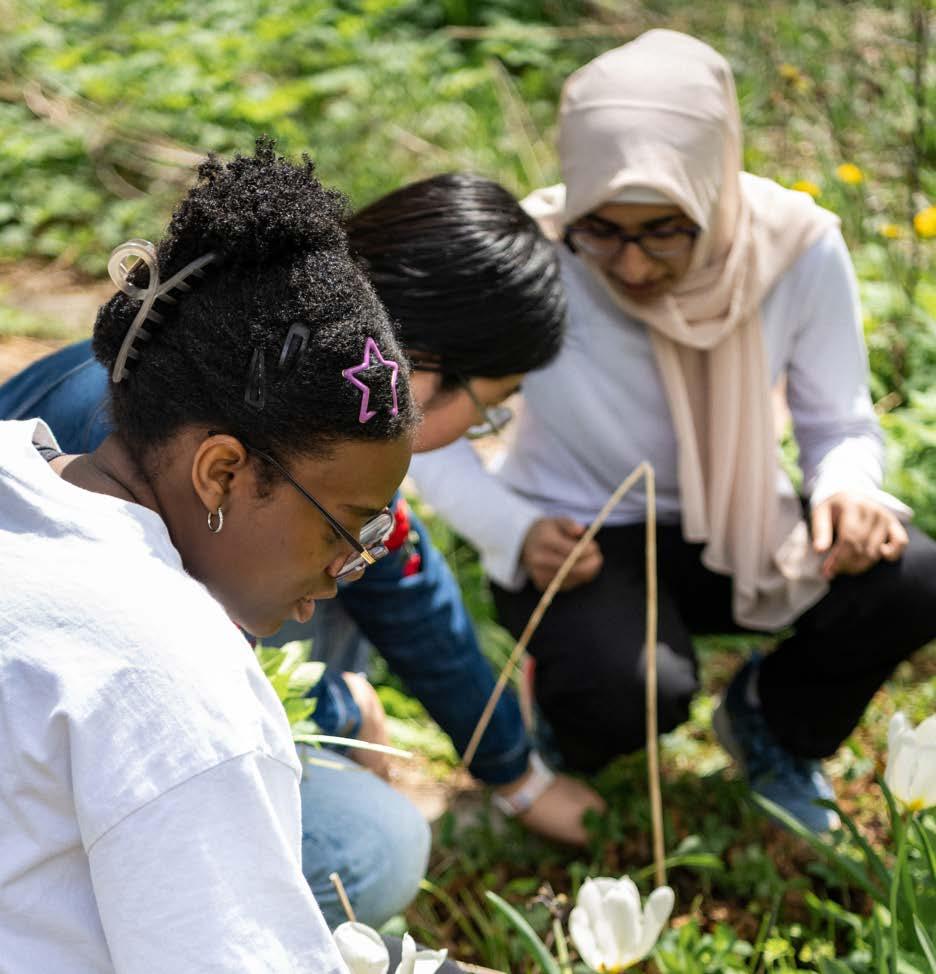
In 2023, the Dawson College Peace Centre officially joined the Office of Sustainability. The Peace Centre collaborates with other services, departments, and initiatives at the College. It has engaged upwards of 6,000 participants, students, and employees annually from the Dawson Community. Through events, workshops and collaborations, the Centre plays a significant role in providing high-impact extracurricular enrichment experiences ensuring that learning is not confined to the classroom but contributes to the life of our Living Campus.
After a tragic event on our campus, Dawson made a commitment to peace, both in action and education. This commitment is discernible through the Peace Studies Certificate and the various projects, events, and activities organized and/or co-sponsored by the Dawson College Peace Centre. The Centre is dedicated to the practical application of peace in our everyday world. Its central pedagogical tenet is using collaborative community-based initiatives to teach, inspire, and engage people to make a commitment to peace in pragmatic ways. Real solutions to real-world problems with compassion, respect, teamwork, leadership, and love are the heart of the Dawson College Peace Centre.

Stakeholders include:
• The Office of Sustainability and the Peace Centre
• The Office of Academic Development
• Faculty
• Students
• The Sustainability Advisory Committee
• First Peoples Centre
• Facilities Management
• College Leadership
• The Research Office
• Faculty of the Environment and Sustainability Certificate
• The Board of Governors
• City of Westmount
Mechanisms for soliciting feedback on sustainability activities:
• College-wide Sustainability Literacy and Sustainability Culture survey (3471 student participants – 2022, 3999 student participants – 2023)
• Student well-being survey (2081 student participants – 2023)
• Review of 2016 SWOT analysis of sustainability initiatives and 2022 sustainability metrics by an external consultant
• Requests for feedback in employee newsletters
• One-on-one interviews
• Faculty professional development workshops
• Focus group sessions
• Presentations to the Dawson College Board of Governors, Senate and the Dawson Student Union
• Sustainability Advisory Committee
• Review by Landscape Plan Sub-Committee
• Meeting with First People’s Centre
• 41 staff members, including department leads, gave in-person feedback or submitted their notes
• Meeting with Physical Education Department staff (Landscape and SDG integration)
• Meetings with the Environment & Sustainability Certificate coordinator
• Dawson Peace Centre & Peace Network for Social Harmony Forum: Innovation, collaboration and scaling sessions
• Comment box in central student area for anonymous suggestions/concerns
The college community will build on the accomplishments of previous years.
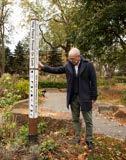
2007
Plans for Ecological Peace garden announced


2010
Monarch Oasis and biodiversity garden designation Montreal’s Espace de la Vie

2022
Nature Positive Universities & Campus Biodiversity Network, Pledge to attract 1,000 species in 1,000 days at COP15
2022
International Green Gown, Award Sustainability Institution of the Year

2022
2018
Dawson board of governors declares Dawson Carbon Neutral Forever

2020
Gold rating by the Association for the Advancement of Sustainability in Higher Education (AASHE)


2022
Colleges & Institutes Canada, Silver Level Sustainability

2021
Climate Action Award Annual Conseil regional de l’environnement de Montréal ceremony

2020 Fair Trade campus designation
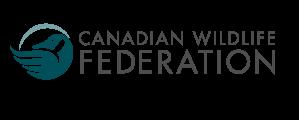
Dawson pledges to be Carbon Neutral (Scope 1, 2 & 3) by 2025, Achieved 2023 2023: Excellence level in Sustainability, CEGEP Vert, Quebec 2024
Dawson Grounds Certified Wildlife-Friendly Habitat
Dawson will continue its national and international leadership, as it did hosting the world college and polytechnic youth conference, contributing to the world college declaration in Montreal.
Dawson has been recognized with city, provincial, national and international awards for excellence in sustainability that has cemented our reputation as trail blazers in the field. The college community will leverage this momentum as we continue sharing best practices, learning from partners, and engaging our community into more positive action.
STARS rating system
Dawson has partnered with the Association for the Advancement of Sustainability in Higher Education (AASHE) and uses their Sustainability Tracking, Assessment and Rating System (STARS) for tracking our progress towards meeting our sustainability goals. We are currently a gold-rated institution.
The STARS system identifies four target areas where progress is measured:
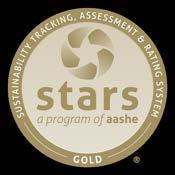
• Academics
• Engagement
• Operations
• Planning & Administration
High-level Goals:
To operationalise Living Campus attributes
To obtain Association for the Advancement of Sustainability in Higher Education (AASHE) Gold or Platinum Rating
To obtain CEGEP Vert (Quebec) level of excellence
To achieve scope 1, 2 & 3 carbon neutrality based on all applicable International Panel on Climate Change (IPCC) categories
To scale the Dawson Peace Centre activities and build a community peace network
To re-design the college landscape and attract 1,000 species to the campus rooftops and grounds in 1,000 days
To become a zero-waste college (Divert 90% of waste going to landfill)
To track alignment with the UN Sustainable Development Goals (SDGs)

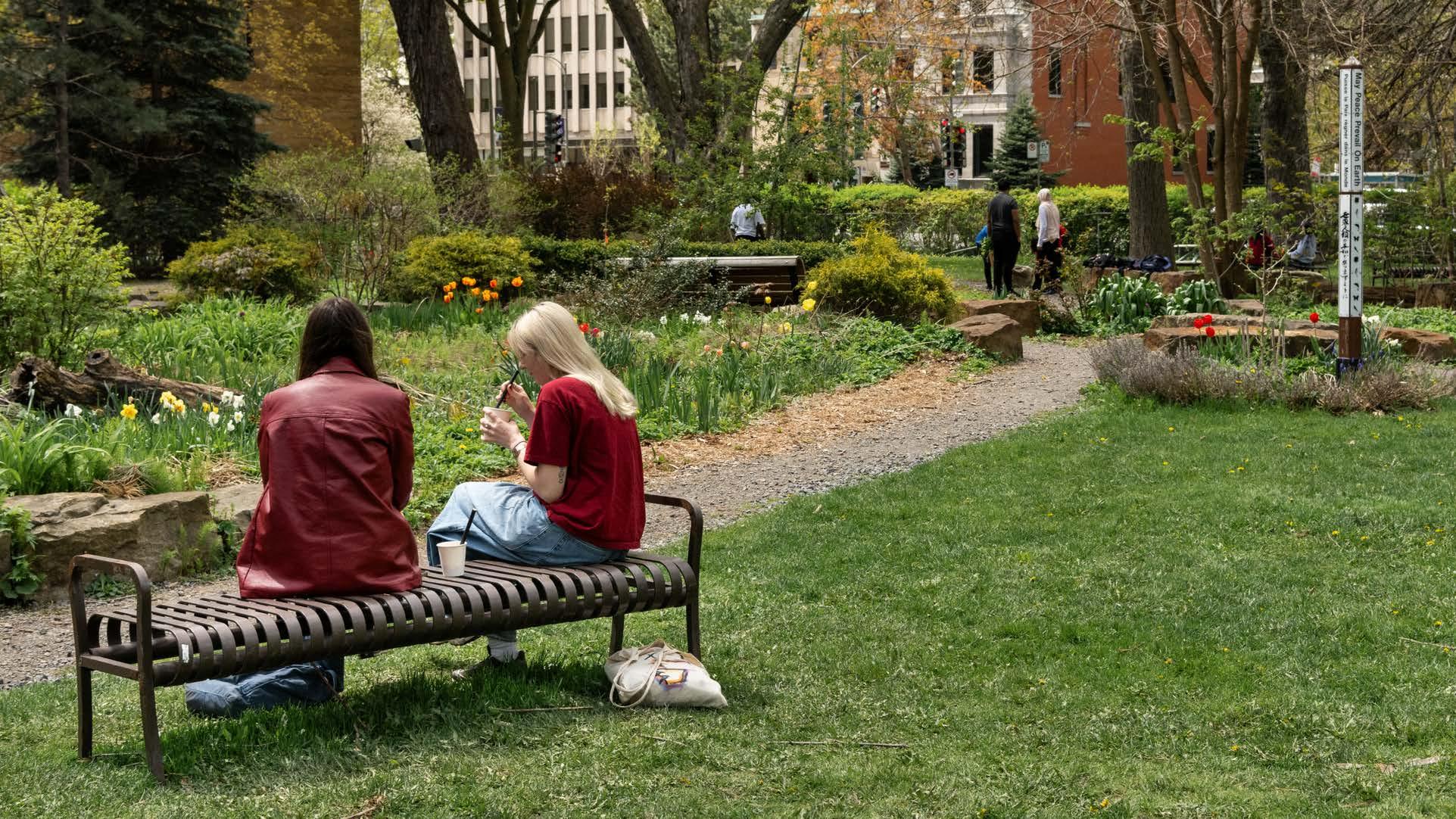
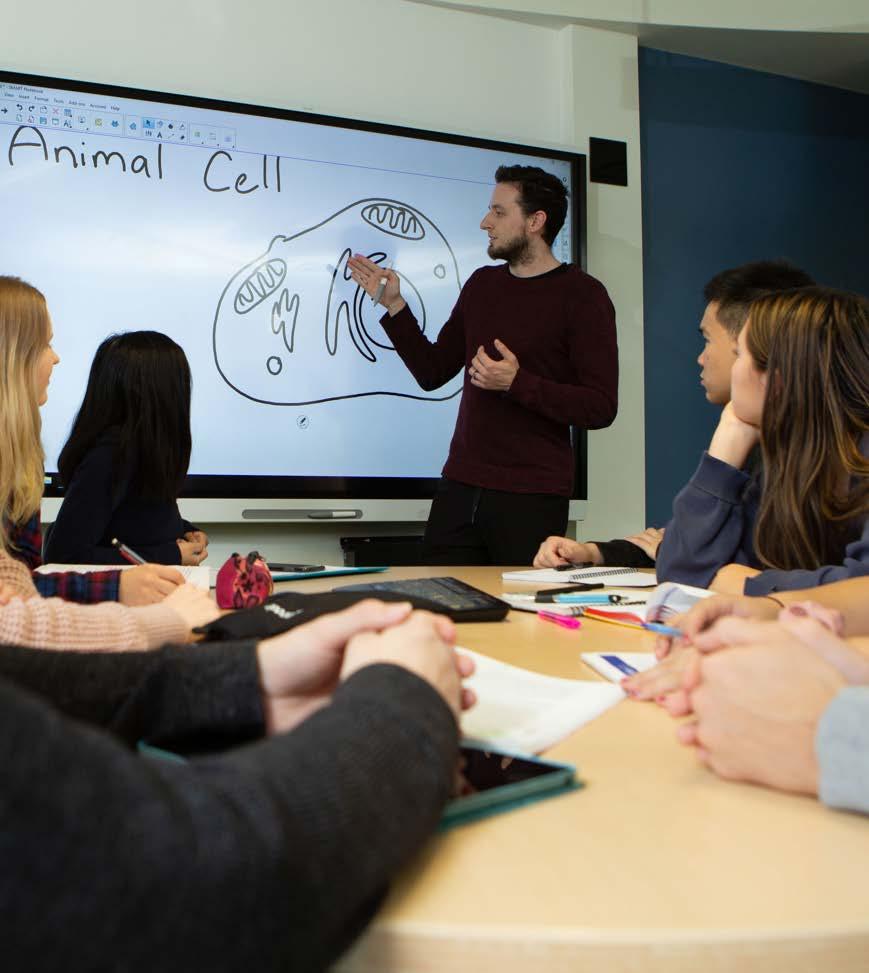
GOAL: Increase peace and sustainability literacy at the College

Strategies
• Increase the number of sustainability-related courses and/or extracurricular activities
• Increase enrollment in the Environment and Sustainability Certificate
• Increase participation in sustainability research and secure additional project funding
• Participate in international peace and/or sustainability-focused immersive student experiences
• Identify courses that align with at least one SDG
• Offer SDG-related professional development activities
I ndicators
• The number of sustainability-related courses and/or extracurricular activities has increased by five percent
• 200 more students have enrolled in the Environment and Sustainability Certificate
• At least five sustainability research projects have begun and additional project funding has been secured
• Participated in a minimum of one peace and/or sustainability-focused immersive student experience
• A minimum of 500 courses have content that aligns with the SDGs
• A minimum of one professional development opportunity about SDGs were offered annually
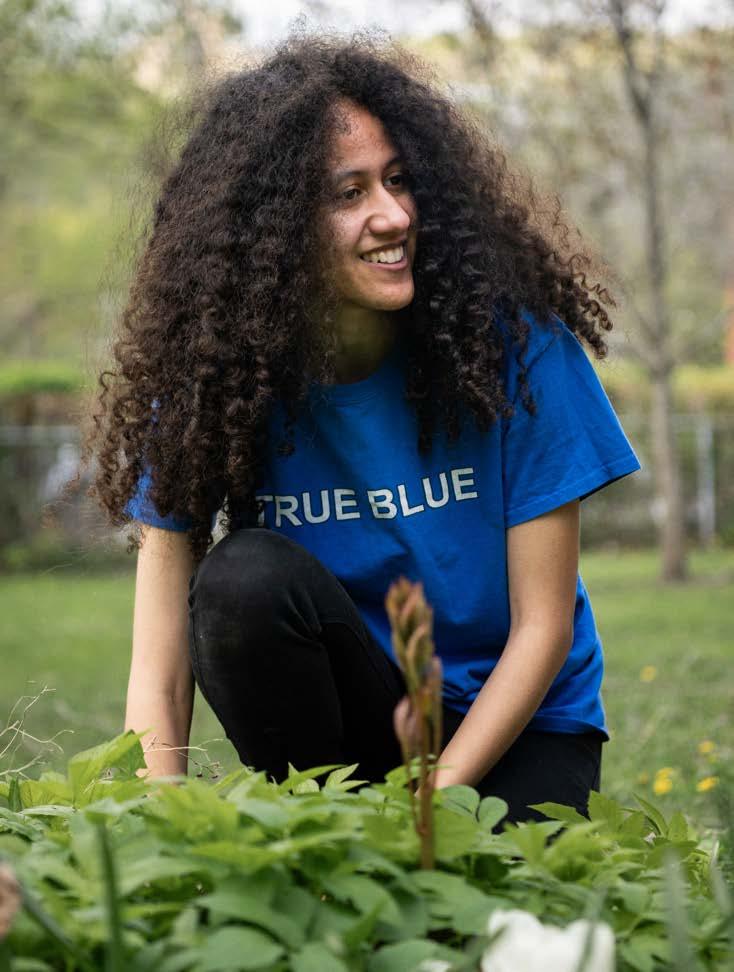
GOAL: Engage our community of students, staff and partners on initiatives that promote well-being for all
Strategies
• Develop and implement a sustainability student orientation plan
• Increase usage of our outdoor campus by classes
• Expand the Sustainable Happiness program to include a student and staff peer-to-peer sustainability education activity
• Offer opportunities to students and staff that promote well-being
• Participate in projects that serve under-represented communities
• Partner with national and international organizations to develop and implement sustainability projects
• Develop a recognition program for Dawson sustainability champions Indicators
• A sustainability student orientation plan has been developed and is offered every semester
• A minimum of 80 classes use the outdoor campus as part of their course
• A minimum of five peer-to-peer Sustainable Happiness journal groups have been implemented, a minimum of one Sustainable Happiness certificate program for employees has been offered per year
• A minimum of 50 activities that promote well-being were offered per year to students and staff
• Dawson participated in a minimum of four projects per year that serve under-represented communities
• The College partnered with at least seven national and two international organizations on various sustainability projects
• A Recognition Program for sustainability champions was implemented in 2025

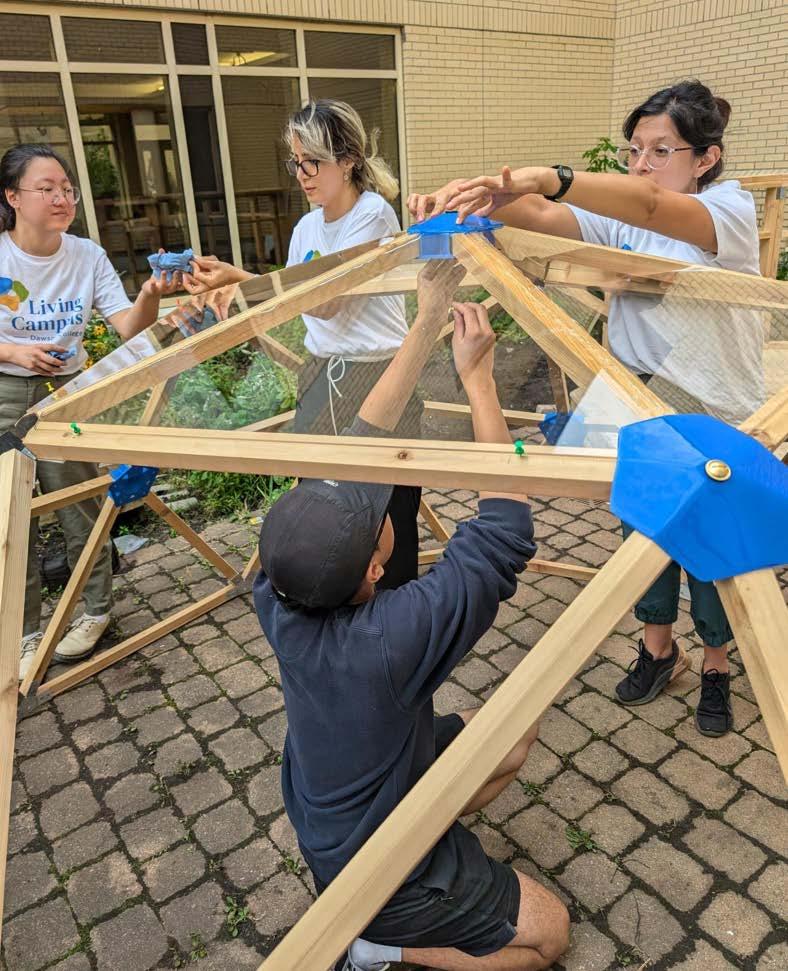
GOAL: Implement practices that contribute to well-being for all
Strategies
• Design and implement a microhabitat landscaping plan that identifies at least five new microhabitats
• Implement a rainwater management plan for increasing retained rainwater
• Reduce pollution from outdoor sources
• Review and update all Dawson College sustainability guideline documents
• Maintain carbon neutral operation
• Implement zero-waste strategies throughout college
• Reduce water consumption
• Ensure College procurement procedures meet government sustainability standards
• Integrate biophilic design into new classroom and office construction

Indicators
• The microhabitat landscaping plan has been designed and implementation started
• The rainwater management plan has been implemented
• Pollution from outdoor sources has been reduced by 25%
• Guideline documents have been reviewed and updated by 2025
• Carbon neutral operation has been maintained in Scope 1, Scope 2 and at a minimum 3 IPCC areas of Scope 3
• 90% reduction in landfill-bound waste is achieved based on 2019 benchmark
• Water consumption has been reduced by 5% (compared to 2023 benchmark)
• Procurement procedures meet government sustainability standards or beyond
• New construction of classrooms or offices contain a minimum of one biophilic design feature

GOAL: Build a culture of cooperation with cross sector communication and collaboration needed to achieve staff and student well-being
• Continue measurement of sustainability performance using the Sustainability Tracking, Assessment & Rating System (STARS)
• Establish investment policy for Dawson Foundation that complies with UN principles of responsible investments
• Produce and implement a Communication Plan for the Office of Sustainability
• Adopt the Okanagan Charter as a health promoting institution

Indicators
• STARS report was completed and submitted to AASHE
• All Dawson College Foundation investments comply with the policy
• A Communication Plan for the Office of Sustainability has been produced and implemented by 2025
• Create 10 Okanagan Charter commitments and begin implementing by 2025

